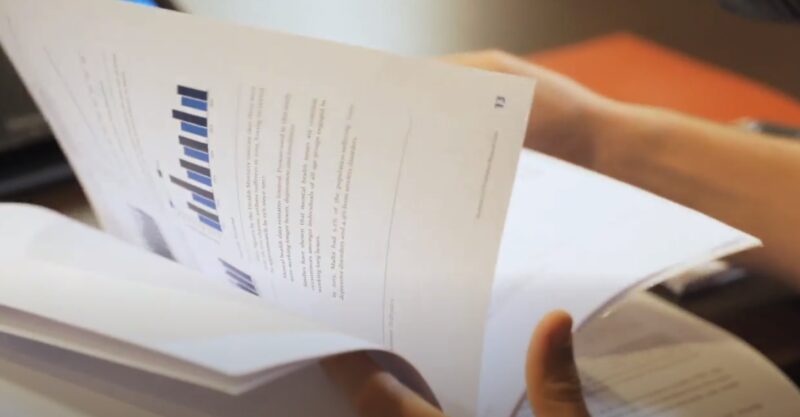We cannot deny the fact that, before the Covid-19 pandemic broke out, Malta was experiencing strong economic growth and improvements in terms of the Gross Domestic Product (GDP). So much so, that year after year, we’ve been bombarded with numbers and statistics which have been confirming the fact that Malta is going through an economic surplus. Although in economic theory, a high GDP normally results in a better quality of life, I feel that these numbers do not always reflect the reality we live in. All too often we are faced with unfortunate stories of families going through financial problems and not coping with life, of Maltese like me who are experiencing a frantic life and of others suffering from loneliness, anxiety or social exclusion.
The report ‘Beyond GDP’ follows this line of thought (click here to access the full report) Given that its ultimate goal is to present a holistic perspective to the GDP statistics provided on paper, the report analyses and discusses more diverse dimensions to better measure the quality of life. It is a report that, at its core, suggests that statistics should look beyond government funds and finances and begin to look deeper into people’s lives. Therefore, these numbers cannot ignore people’s feelings, levels of happiness, quality of education, physical and mental health or the environment. Rather, these factors must be combined with GDP to create a more truthful picture which better reflects the country’s performance. Money should never be the main goal of our lives but should serve as an instrument to reach our life goals and live a happy life.
The dimensions discussed in the report were chosen in line with the teachings of the Church which often insists on the need for a more humane, sustainable and forward-thinking economy which caters for future generations. Of the six dimensions discussed in the report, I admit that as a young Maltese man, two have struck me more than others – housing and physical and mental health.
Let me start by discussing the local housing situation. As the report itself cites, Pope Francis’ encyclical asserts that a home offers a sense of dignity and enables families to grow and develop. I feel that, unfortunately, the local reality is making it very difficult for young people and first time buyers to afford a house in which they can live a dignified life. I don’t think it’s fair that first-time buyers have no other option than to pay rent or work to pay back a loan for the rest of their lives in order to acquire an apartment to live in.
Another dimension which struck me and which goes beyond the published statistics on GDP, is health and lifestyle. Isn’t it illogical to record an improvement in GDP and ignore problems of obesity, mental illness and a frantic life, which often leads to anxiety? Isn’t it illogical for an economy to be enjoying a surplus to the detriment of the Maltese who suffer from asthma or heart diseases? And finally, isn’t it illogical for an economy to be doing well and as a result, the Maltese are having to work longer hours or suffer from loneliness and depression? These factors need to be considered carefully before publishing any numbers which try to reassure the Maltese that the economy is doing well. Health, both physical and mental, and happiness, should always take precedence over GDP.
This report, therefore, suggests a new economic framework which measures the quality of social life by taking into account these socio-economic factors. It is a report which also provides a number of practical suggestions (see page 43) to develop and work on this new vision, a vision which would give a more holistic and humanitarian approach to the world of economics, and subsequently, to society. I therefore appeal to the authorities to listen and pave the way for consultation so that man, and not money, remains the center of life.



